



El Present Perfect (presente perfecto) es una forma del verbo que muestra que la acción fue completada antes del presente.
No significa que la acción es "perfecta" (o sea, 100%). Significa que la acción está terminada .
Estos son los usos diferentes que tiene este tiempo verbal:
Asegúrate de leer también:
(Los verbos están en negrita )
He has learned how to ride a horse.
(Ha aprendido a montar en caballo.)
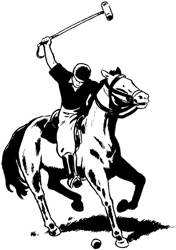
He has fixed the light.
(Ha arreglado la lámpara.)

They have called 5 times already .
(Ya han llamado 5 veces.)


She has grown so much .
(Ha crecido tanto.)

She has become such a good secretary .
(Se ha convertido en una muy buena secretaria.)
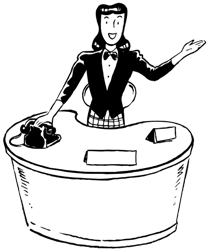
He has never done it before.
(No lo ha hecho jamás.)

She has broken the vase .
(Ha roto el florero.)
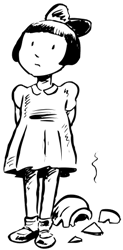
He has just seen the news .
(Recién ha visto las noticias.)
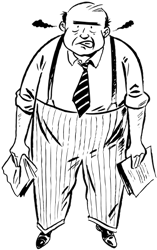
He has already caught the ball.
(Ya ha atrapado la pelota.)
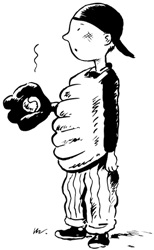
She has bought some food for us.
(Nos ha comprado algo de comida.)

He has lost his clothes.
(Ha perdido su ropa.)

Nota: este es un uso más amplio de este tiempo verbal.
Por lo general se utiliza con estados, no con acciones.
He has been sick since Saturday.
(Ha estado enfermo desde el sábado.)
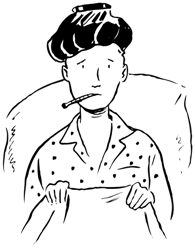
He has had this motorbike for 5 years.
(Ha tenido esta motocicleta durante 5 años.)
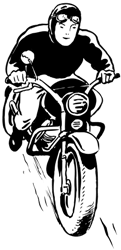
He has always liked him.
(Siempre le ha caído bien.)
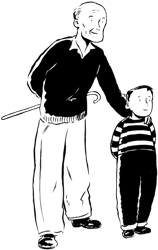
They have lived here for a long time.
(Han vivido aquí durante mucho tiempo.)
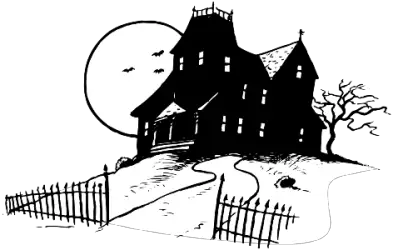
| Before the present (Antes del presente) | Recently (Recientemente) | Up to now (Hasta ahora) |
| ever (alguna vez) | recently (recientemente) | since (desde) |
| never (jamás) | lately (últimamente) | for (durante) |
| once (una vez) | already (ya) | |
| 3 times (3 veces) | just (recién) | |
| so far (hasta ahora) | yet (todavía) | |
| before (antes) | | |
| in the last week (en la última semana) | ||
| in the previous year (en el último año) |

Linda has just walked outside with Grandmother. She wears an apron. So far, she has finished cleaning and washing. She has also gathered seeds and crumbs.
(Linda recién ha salido afuera con la Abuela. Está usando un delantal. Hasta ahora ha terminado de limpiar y de lavar. También ha recogido semillas y migajas.)
Now Linda and Grandmother are outside. Linda has just dropped some seeds on the ground to feed the birds. The birds have not come yet.
(Ahora Linda y la Abuela están afuera. Linda ha regado unas semillas en el piso para alimentar a los pájaros. Los pájaros no han venido todavía.)
Recently, Grandmother has moved in with Linda's family. She now enjoys living with them.
(La Abuela se ha mudado recientemente con la familia de Linda. Ahora disfruta de vivir con ellos.)
Grandmother has already sat down on the bench. She also wears an apron. She has just finished cooking.
(La Abuela ya se ha sentado en el banco. Ella también está usando un delantal. Recién ha terminado de cocinar.)
Grandmother and Linda wait for the birds. They have seen birds in the yard before. Grandmother has always liked to watch the birds. Linda has always liked to feed them.
(La Abuela y Linda esperan los pájaros. Han visto pájaros en el jardín antes. A la Abuela siempre le ha gustado mirar los pájaros. A Linda siempre le ha gustado alimentarlos.)

Recently, it has snowed in Maria's town. In the last week, it has snowed three times. Maria has always loved the snow. She has played in the snow many times before.
(Ha nevado recientemente en el pueblo de María. En la última semana, ha nevado tres veces. A María siempre le ha gustado la nieve. Ha jugado en la nieve muchas veces ya.)
Maria's dog, Sparky, has never played in the snow. This is Sparky's first snow. He has not felt the cold yet.
(El perro de María, Sparky, jamás ha jugado en la nieve. Esta es la primera nevada de Sparky. No ha sentido el frío todavía.)
Maria has just received a new sled for Christmas. She puts on her warm clothes and snow boots. She pulls the sled up the hill. Sparky has run outside with Maria. Sparky has followed Maria up the hill. He feels good!
(María recién ha recibido un nuevo tobogán para la Navidad. Se pone su ropa abrigada y sus botas para la nieve. Arrastra el tobogán a la cima de la colina. Sparky ha salido corriendo con María. Sparky ha seguido a María a la cima de la colina. ¡Se siente bien!)
Maria has finally reached the top. She sits on her sled. She rides down the hill. Sparky runs beside the sled. They have finally reached the bottom. Sparky has followed Maria all the way down the hill. Sparky has decided that he likes the snow too!
(María ha llegado a la cima por fin. Se sienta en su tobogán. Desliza hasta el pie de la colina. Sparky va corriendo al lado del tobogán. Finalmente han llegado al pie de la colina. Sparky ha seguido a María durante todo el camino. ¡Sparky ha decidido que a él también le gusta nieve!

By submitting your email, you consent to receiving updates and newsletters from us and to the sharing of your personal data with third parties for the purposes of sending you communications. We will not spam you. You can unsubscribe at any time. For more information, please see our privacy policy.
Please share this page with others: